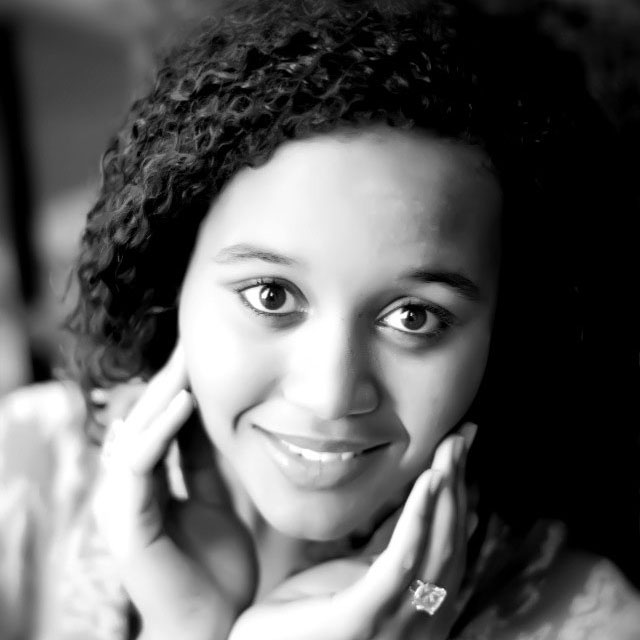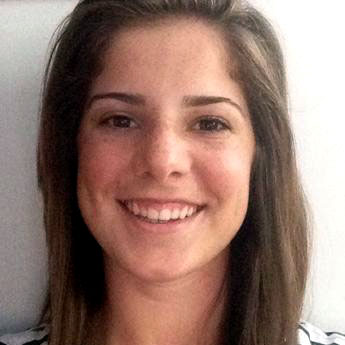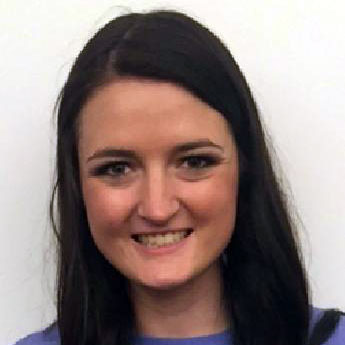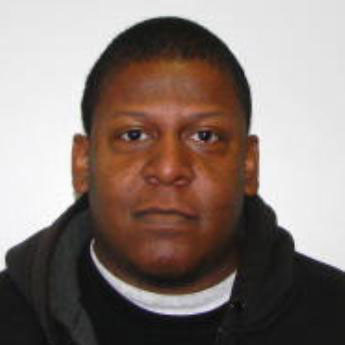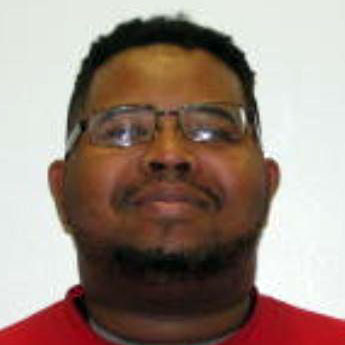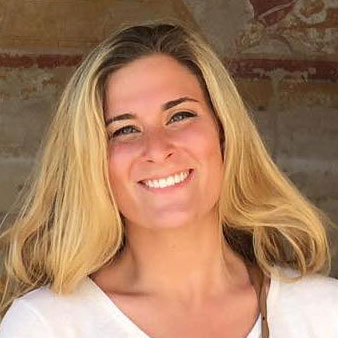Chronology, Peace, Justice & Conflict Transformation Program
2008
September: At Fall Honors Dinner focusing on spring seminars, Russell Vandenbroucke suggests that UofL create a program in Peace Studies to join the more than 350 already existing in U.S. Barbara Burns affirms this idea.
Oct: Barbara Burns initiates first meeting for faculty and staff. Colleagues attended from many units, including: Anthropology, Communication, Criminal Justice, Education and Human Development, History, Law, Nursing, Engineering, Political Science, Social Change, Sports Administration, and Women and Gender Studies. Planning meetings continue through this school year and next, leading to the formation of a Steering Committee.
2010
Spring: Hon 331/341, "Introduction to Peace Studies, Conflict Transformation, and Strategic Peacebuilding" becomes first course at UofL focused specifically on Peace Studies, taught by Vandenbroucke.
January: John Hale, Director of Liberal Studies program, and Dean J. Blaine Hudson of the College of Arts and Sciences agree to support UofL application to attend “Teaching Peace in the 21st Century" institute at Notre Dame University's Kroc Institute for International Peace Studies.
June 13-18: Burns, Vandenbroucke, Joy Hart, and Paul Salmon represent UofL at Kroc Institute--one of 19 teams selected (17 from U.S., two overseas). This immersive week leads directly to the conception of an undergraduate certificate.
August: UofL's team at Notre Dame briefs Hale and Hudson. Hale asks Steering Committee to identify courses that would comprise a Peace Studies concentration within Liberal Studies. Rodger Payne leads a subcommittee to review the catalogue of A&S courses, which results in a preliminary roster of courses for Liberal Studies.
Sept. 2: Vandenbroucke offers "Peace Studies Primer" at "Meet the Professor" series sponsored by Liberal Studies and College of Arts and Sciences.
Oct. 14: First meeting of student subcommittee initiated by Sylvia Gozzini. Students seek a program that enhances their prospects for graduate school and/or employment. Students specifically state they are not seeking to change their existing majors. This leads Steering Committee of faculty and staff to pursue undergraduate certificate with guidance and advice from Connie Shumate.
November 30: Dean Hudson approves Vandenbroucke's appointment as Director of Peace Studies Program, subsequently confirmed by Provost, to commence 1 July 2011.
2011
January:
Individuals Chairs and/or Curricula Committees review Payne's preliminary course roster for Liberal Studies concentration and, variously, approve, add, and remove specific classes. that can meet both Liberal Studies concentration guidelines. This roster is subsequently used for electives when the PJCT certificate is proposed. Eighteen units approve a roster of more than 140 courses. Over time, this grows 150 courses, some cross-listed, among twenty-one units contributing to this curriculum.
April: With support from Louisville branch of Fellowship of Reconciliation, three UofL undergraduates attend annual Student Peace Conference at Notre Dame University's Kroc Institute for International Peace Studies. This begins the annual tradition of supporting students to attend this conference.
Sept. 21: Provost Willihnganz introduces "Showcase of Peace, Justice and Sustainability Initiatives; Launch of Peace, Justice & Conflict Transformation Program," Chao Auditorium, United Nations' International Day of Peace.
Oct. 31: Proposal for undergraduate certificate in Peace, Justice & Conflict Transformation submitted to A&S Curriculum Committee.
Dec. 2: Curriculum Committee approves proposal, which then begins moving through finance and other college committees.
2012
August: Proposal submitted to Faculty Senate and subsequently approved
Fall: First classes offered under PEAC abbreviation.
October: Trustees approve PJCT.
2013
May: Matt Gammon, first student to complete PEAC 550 capstone, "Student Learning in Peacebuilding," graduates.
2014
Student interest leads to expanding offerings of PEAC 325, 350, and 550 from once/year to once/semester.
2015
Spring: first PEAC course offered through Distance Education, PEAC 325, taught by Jesse Laird.
2018
November: PEAC 201, "Peace and Conflict: For Daily Life, Civic Affairs, and Professional Life Ahead" approved by A&S Curriculum to begin in fall 2019, becoming the first PJCT course in Cardinal Core. It meets Student Learning Objectives for both Social Behavioral Sciences and Global Diversity. It is also Sustainability Related and includes a Service Learning unit. It will be first offered and taught by Dr. Aaron Rollins in Fall 2019.
Spring: PJCT Steering Committee agrees to propose expanding program to include a minor, which could take effect in Fall 2020.
2019
July: Rollins succeeds Vandenbroucke as Director of PJCT.

